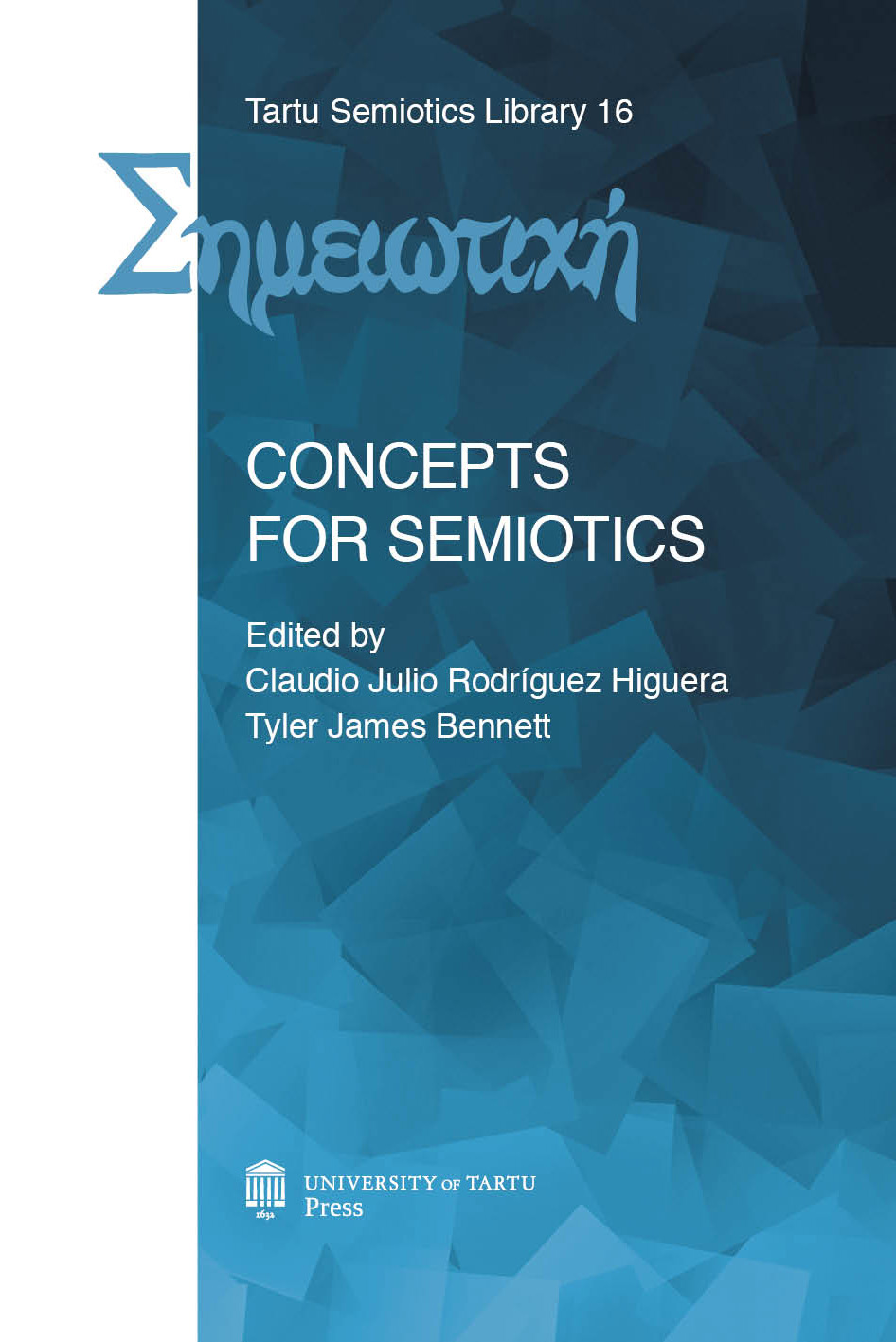The concept of (self-)censorship from the semiotic perspective
The concept of (self-)censorship from the semiotic perspective
Author(s): Tiina PõlluSubject(s): Semiotics / Semiology, Semiology, Political history
Published by: Tartu Ülikooli Kirjastus
Keywords: (self)-censorship; communication; semiosphere; borders; selfdescription; totalitarian regime; identity; ideology; monologue; sanctions; Traumzensur;
Summary/Abstract: Censorship is defined as an information regulation mechanism, but it can be described via different parameters, actors, criteria and metalanguages. It can be analysed as a sign process from diachronic, synchronical and achronical aspects. When dissecting the concept of ‘censorship’ from a semiotic point of view, it may useful to use some connected semiotic concepts like self and other, private and public sphere, self-description, self-regulation, semiosphere, borders, political and ideological discourse ideology, identity mechanism, collective memory, among others. This article tries to focus on a (re)definition of the notion of ‘censorship’ from a semiotic point of view, taking as a background system the Soviet Union’s totalitarian society. This results in a type of semiosis, or sign action process, regulating symbolic production with more or less intensity.
Journal: Tartu Semiotics Library
- Issue Year: 2016
- Issue No: 16
- Page Range: 157-174
- Page Count: 18
- Language: English
- Content File-PDF

